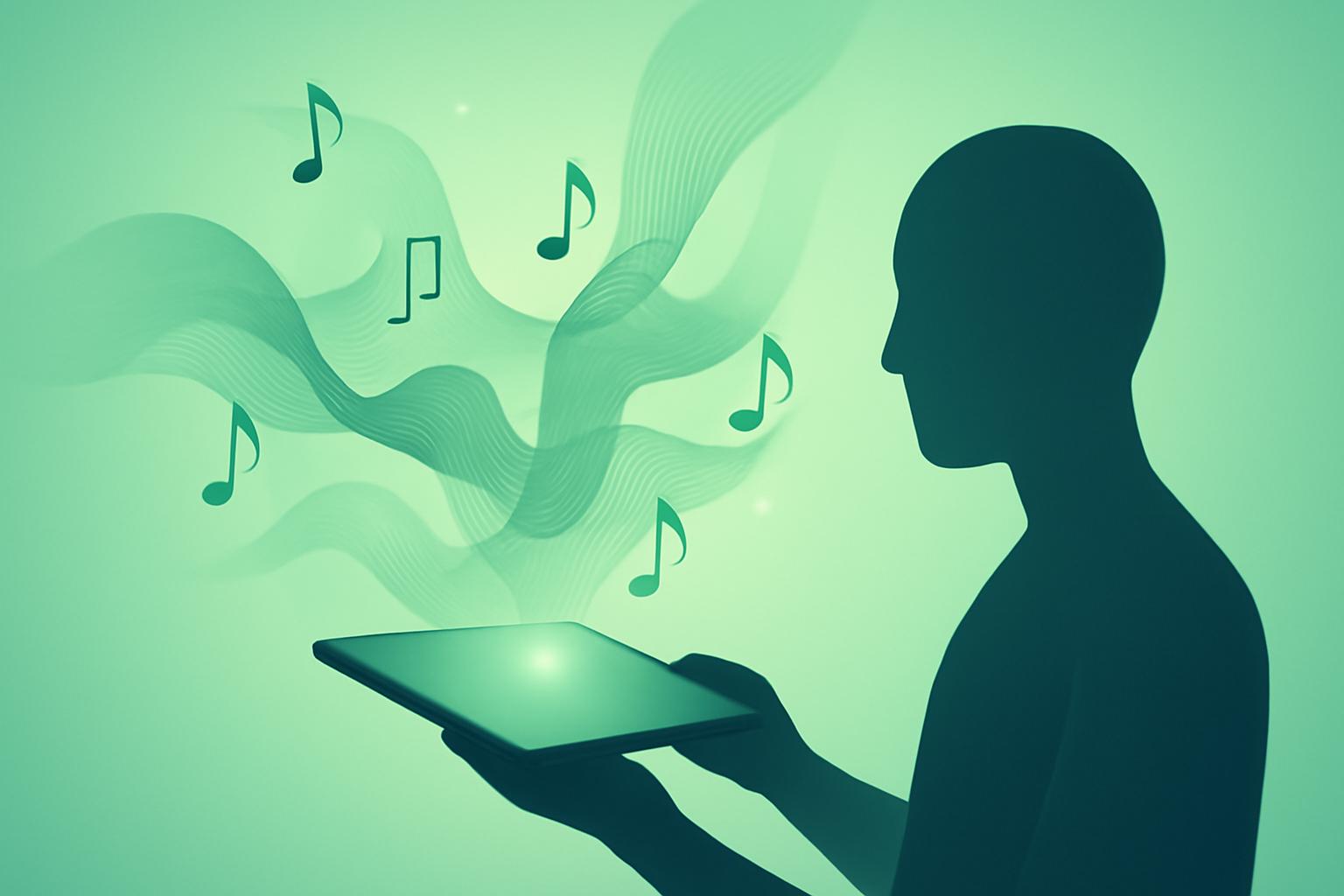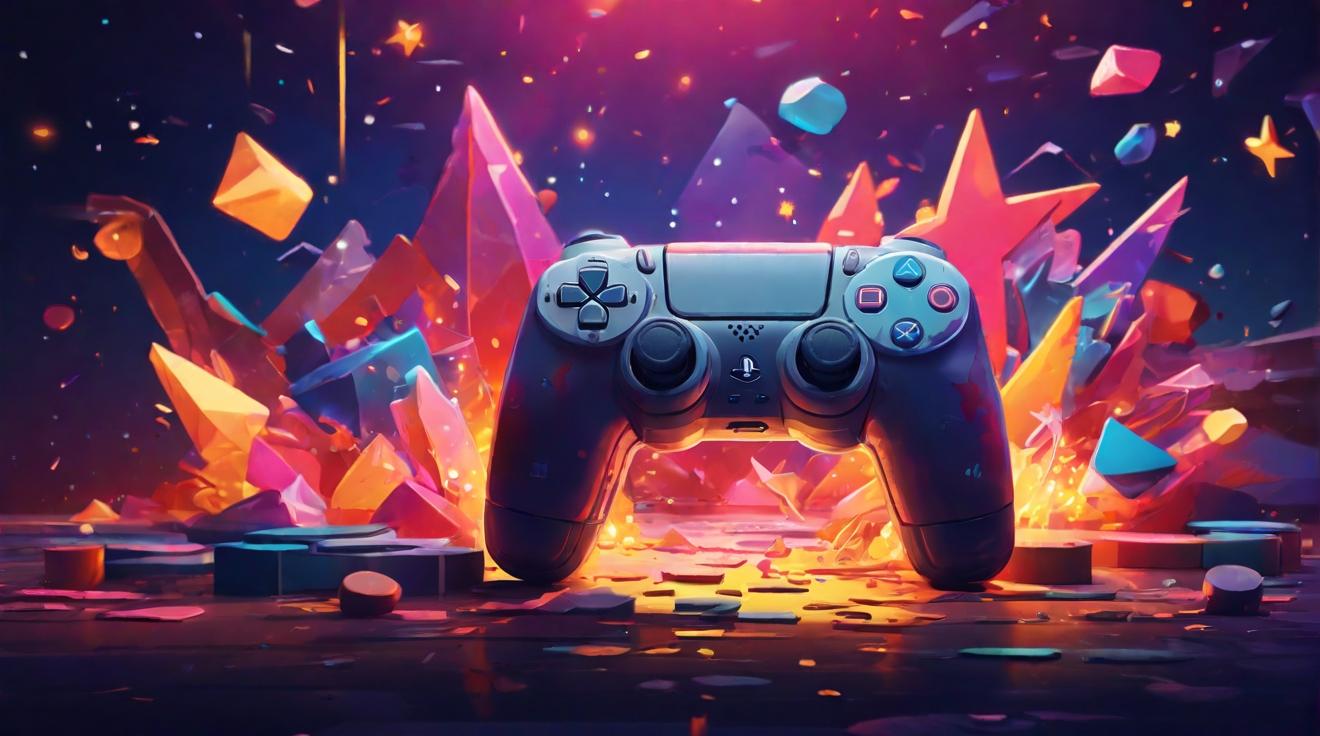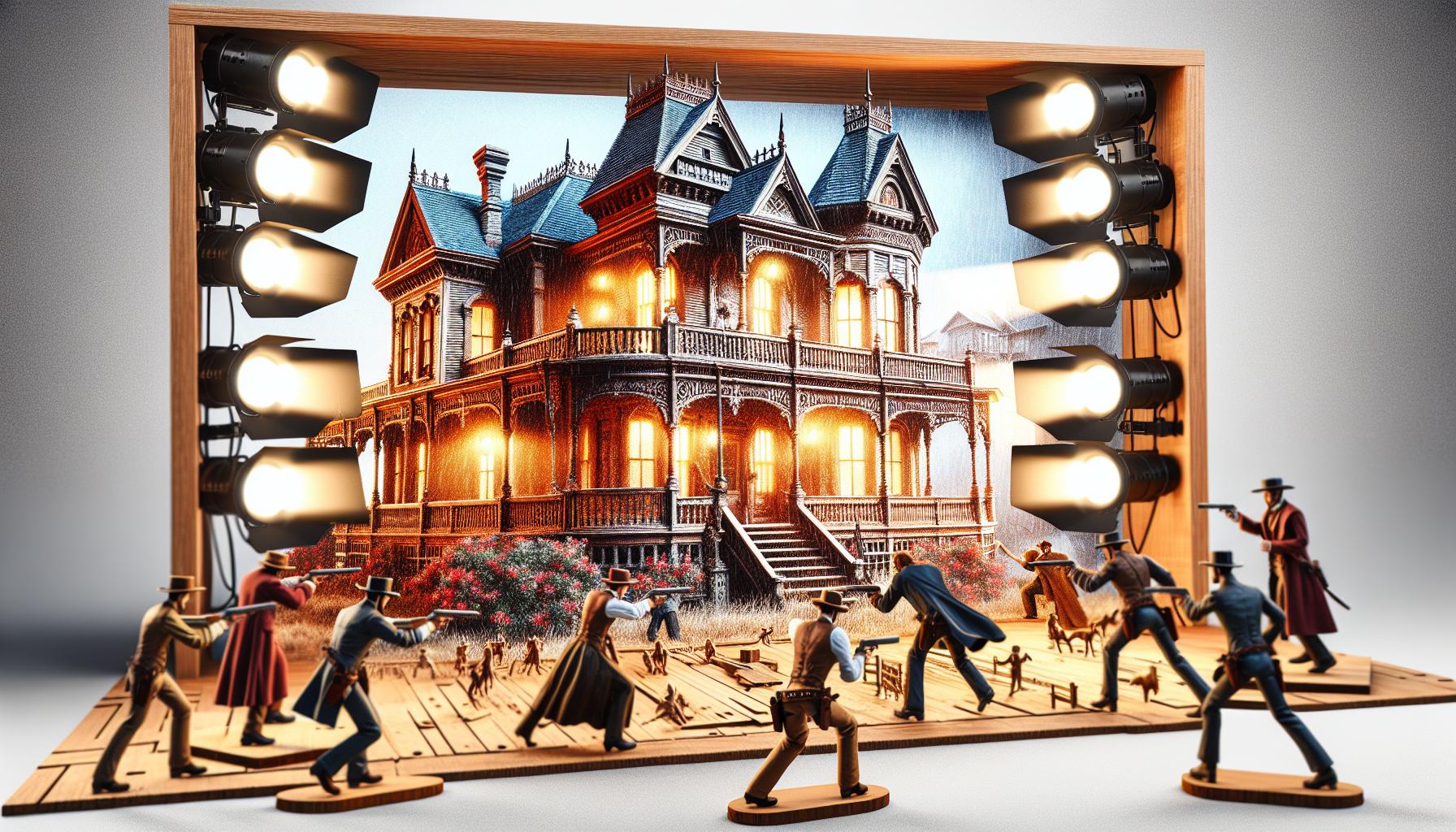OpenAI Advances Generative Music Technology
OpenAI is reportedly developing a new generative music tool that can create original music compositions from both text and audio prompts, according to sources cited by The Information. This innovation marks a significant step forward in AI-driven music production capabilities.
Potential Use Cases and Applications
The upcoming tool is expected to enable users to seamlessly add music to existing video content or generate guitar accompaniments to vocal tracks. Such functionality could streamline content creation workflows for video producers, musicians, and multimedia artists. It remains uncertain whether this music generation tool will be offered as a standalone product or integrated into OpenAI’s existing platforms, such as ChatGPT or the video application Sora.
Collaboration with Juilliard to Enhance Training Data
Sources reveal that OpenAI is collaborating with students from the prestigious Juilliard School to annotate musical scores. This partnership aims to enrich the training datasets, improving the model’s ability to understand and generate nuanced music compositions.
Context within the AI Music Landscape
OpenAI has previously launched generative music models, although those initiatives predate the release of ChatGPT. In recent years, the company has concentrated primarily on audio models related to text-to-speech and speech-to-text technologies. Other technology firms, including Google and Suno, have also developed generative music models, highlighting a growing competitive landscape in AI-driven music creation.
FinOracleAI — Market View
OpenAI’s development of a generative music tool reflects the expanding role of AI in creative industries. By integrating text and audio prompts, the tool promises greater versatility and accessibility for users ranging from content creators to professional musicians.
- Opportunities: Streamlining music production, enabling new forms of creative collaboration, expanding AI’s reach in multimedia content creation.
- Risks: Potential copyright and licensing challenges, quality and authenticity concerns in AI-generated music, market competition from other AI innovators.
- Partnerships with institutions like Juilliard may enhance model sophistication and adoption.
- Uncertain product launch timeline and integration strategy could impact market reception.
Impact: This initiative could significantly influence the music and content creation sectors, further embedding AI into creative workflows and setting new industry standards.













